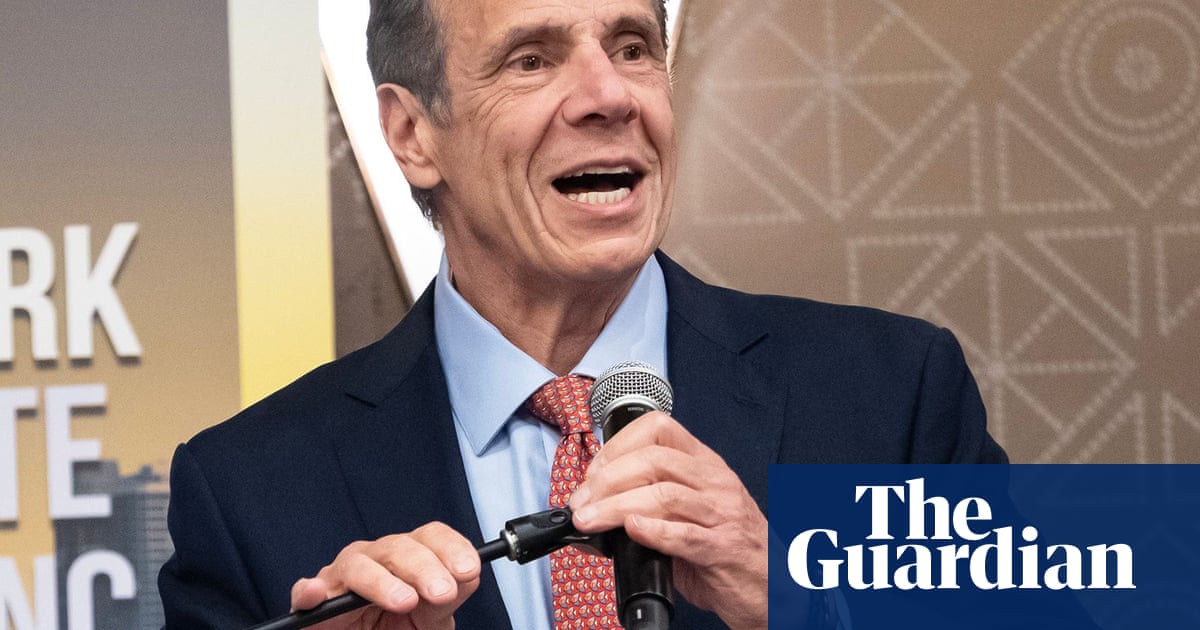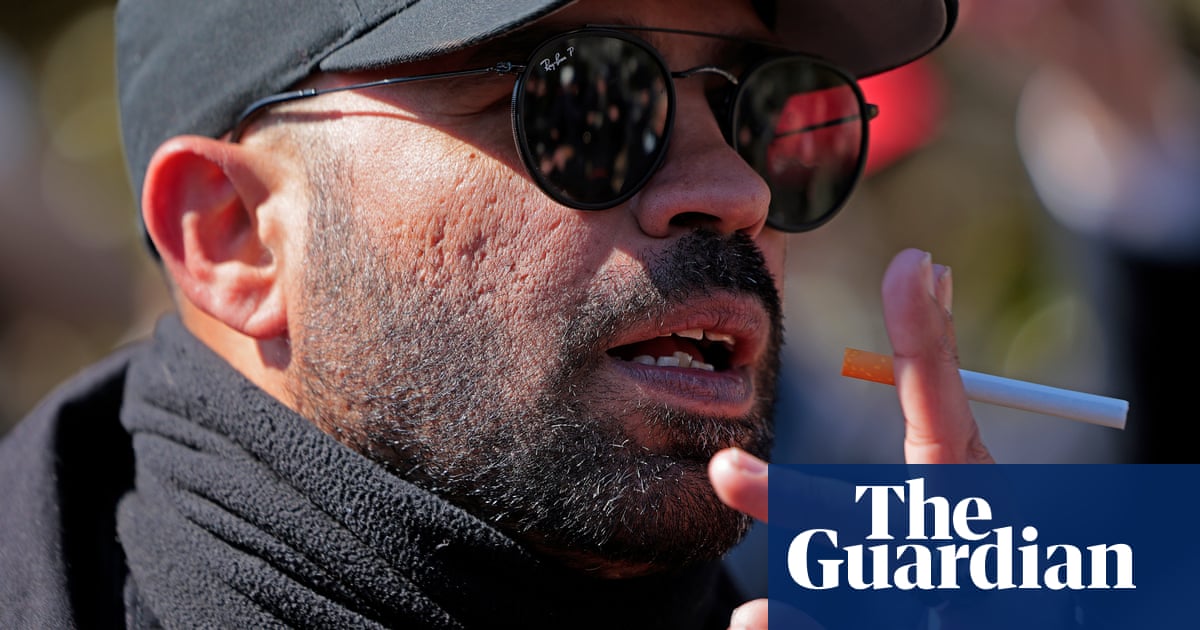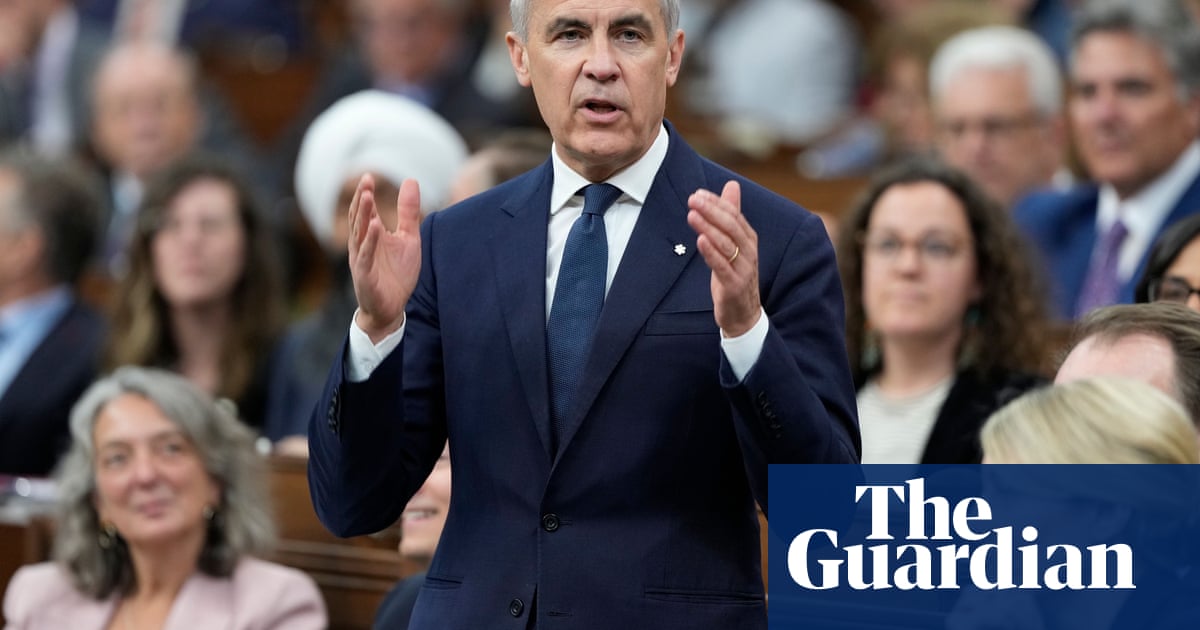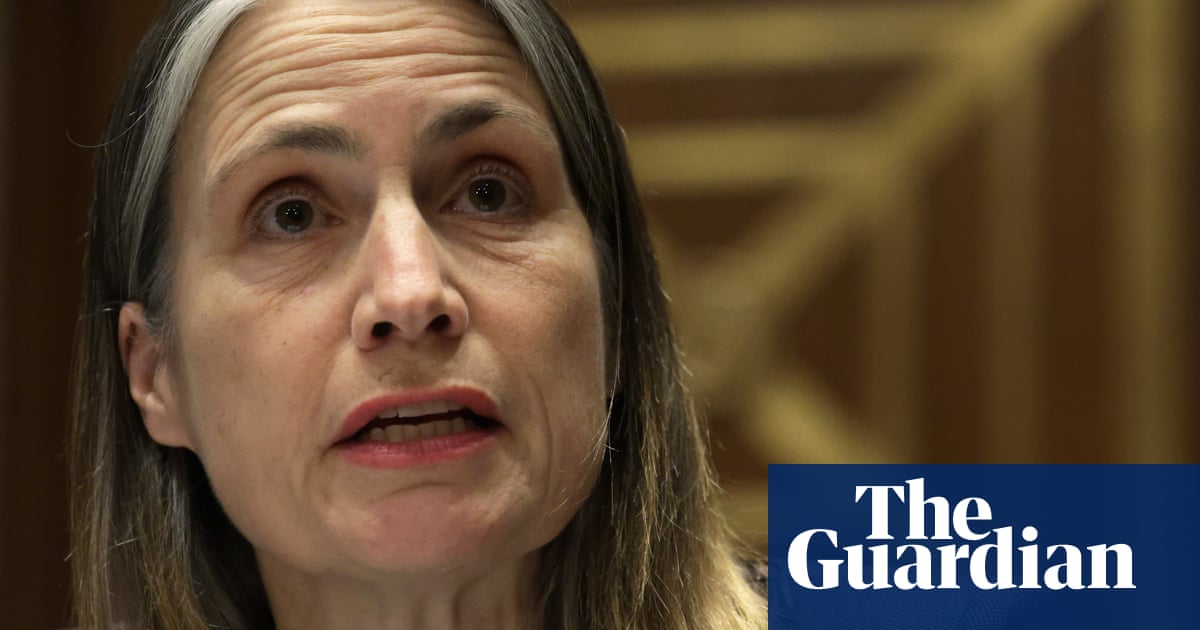Azerbaijan is escalating its rare standoff with the Kremlin as the fallout from the downing of an Azerbaijani passenger jet continues, highlighting Russia’s diminishing influence across the former Soviet Union.
Thirty-eight people were killed when an Azerbaijan Airlines plane crashed on 25 December near the city of Aktau in Kazakhstan after rerouting across the Caspian Sea from southern Russia.
After the incident, Azerbaijan’s authoritarian president, Ilham Aliyev, accused Russia of accidentally shooting down the plane with its air defence and criticised Moscow for trying to “hush up” the issue for days, which he said caused “surprise, regret and rightful indignation” in Baku. Vladimir Putin, the Russian president, soon issued a rare apology for the “tragic incident”, but stopped short of admitting Russia was responsible.
In the weeks since, Moscow has struggled to defuse tensions with the oil-rich nation on its southern border.
On Wednesday, the APA news agency, which has ties to the Azerbaijani government, reported that Baku was preparing to appeal to “an international court” over Russia’s alleged downing of the plane.
“Facts and evidence are being collected, and preparations are under way to appeal to an international court,” APA wrote in an article laced with scathing accusations of Moscow’s attempts “to evade responsibility”.
The identity of those who gave the order to fire and those who opened fire is known to the Azerbaijani side … The Russian side intends to create a ‘Malaysia Boeing-2’ situation,” the article continued, referencing Russia’s efforts to deny responsibility for the 2014 downing of Malaysia Airlines Flight MH17, which investigators concluded was shot down over eastern Ukraine by pro-Russian militias.
APA added that unless Moscow openly admitted guilt and took responsibility, Baku would take further steps.
The article, which observers believe could have been published only with approval from local authorities in tightly controlled Azerbaijan, came a day after a report by Kazakh officials that said the plane had sustained external damage and was riddled with holes in its fuselage.
The report was cautiously worded and did not say what had caused the damage, including to the plane’s stabilisers, hydraulics and trim systems.
Western experts have previously said the aircraft was probably shot at from Russia.
Commenting on the Kazakh report, the Kremlin said it was too early to draw conclusions.
Moscow’s continued silence has frustrated officials in Azerbaijan. “We would have expected Russia to publicly take responsibility for shooting down the plane and compensate the victims,” said a source in the Azerbaijani foreign policy establishment who asked for anonymity so he could speak freely.
“Instead, Russia just ignores the crash, hoping it would go away. It is condescending, they are looking down on us,” the source added.
On Thursday, tensions further spilled out in the open when Azerbaijan ordered Moscow to shut down the Russian House cultural centre in Baku. The venue is operated by Rossotrudnichestvo, a Russian federal agency widely seen as a vehicle for Russian soft power and often suspected of doubling as a front for espionage and covert operations.
Simultaneously, Azerbaijani state media reported that Baku had sent a rare shipment of non-military aid to support Ukraine.
Moscow’s spat with Baku comes at a time when Russia is starting to lose its hold on its former backyard. Putin’s invasion of Ukraine has heightened fears of Russian aggression in some countries and forced even its allies to reconsider Moscow’s role as a stable partner.
Weakened and preoccupied with its war in Ukraine, Russia is also increasingly seen as an unreliable ally and security guarantor.
after newsletter promotion
Azerbaijan’s longtime rival, Armenia, publicly broke with the Kremlin after Russian peacekeeping forces failed to prevent Azerbaijan from sending its troops in 2023 to seize control of Nagorno-Karabakh, a small, ethnic-Armenian enclave inside Azerbaijan.
Armenia became the first country to leave the Russia-led military alliance, the Collective Security Treaty Organization (CSTO), turning to the west and Iran for support. Last week, the Armenian prime minister, Nikol Pashinyan, even signalled his intention to pursue EU membership.
In neighbouring Georgia, the third Caucasus country, tens of thousands of people have been taking to the streets for months over the government’s perceived closeness to Moscow.
For a long time, Azerbaijan appeared to defy the trend, with Aliyev and Putin growing closer, united by their authoritarian and illiberal outlook. However, Moscow’s response to the plane crash “seriously strained relations”, said the source within Azerbaijan’s foreign policy establishment.
At the same time, Azerbaijan’s assertive rhetoric signals that, buoyed by its 2023 victory over Armenia, Baku is increasingly willing to challenge Moscow, the once-dominant regional power.
Azerbaijan’s confidence is also fuelled by its economic returns from the west’s rejection of Russian energy, as the EU has turned to Azerbaijan to help reduce its reliance on Moscow’s fossil fuels.
Nevertheless, Azerbaijan and Russia remain deeply intertwined economically and politically, and observers warn against declaring a definitive split.
Azerbaijan has strengthened its economic ties with Russia in recent years, with Moscow relying increasingly on Azerbaijan as a crucial transit hub. Located on the Caspian Sea, Azerbaijan serves as a vital transit hub for Moscow, facilitating the shipment of goods to and from Iran and Persian Gulf ports as Russia seeks new markets and ways to bypass western sanctions.
Highlighting their shared interests, some in Moscow believe that an earnest Russian apology could defuse the tensions.
“Azerbaijan is not entirely satisfied with the response of the Russian authorities to the plane crash. The fact is, it is absolutely clear that the plane was shot down by Russian air defences – by mistake, of course – but still shot down,” said Sergei Markov, a Russian political analyst close to the Kremlin. “If Russia apologises, Azerbaijan will gladly put the issue to rest,” he added.
Others are not so sure. “It is evident that Baku will continue to look for reasons to escalate tensions with Russia,” wrote Mikhail Zvinchuk, a Russian military analyst with links to the defence ministry. “The crash of the Azal plane has merely served as a pretext to reinforce previously hidden grievances.”

 3 months ago
74
3 months ago
74

















































